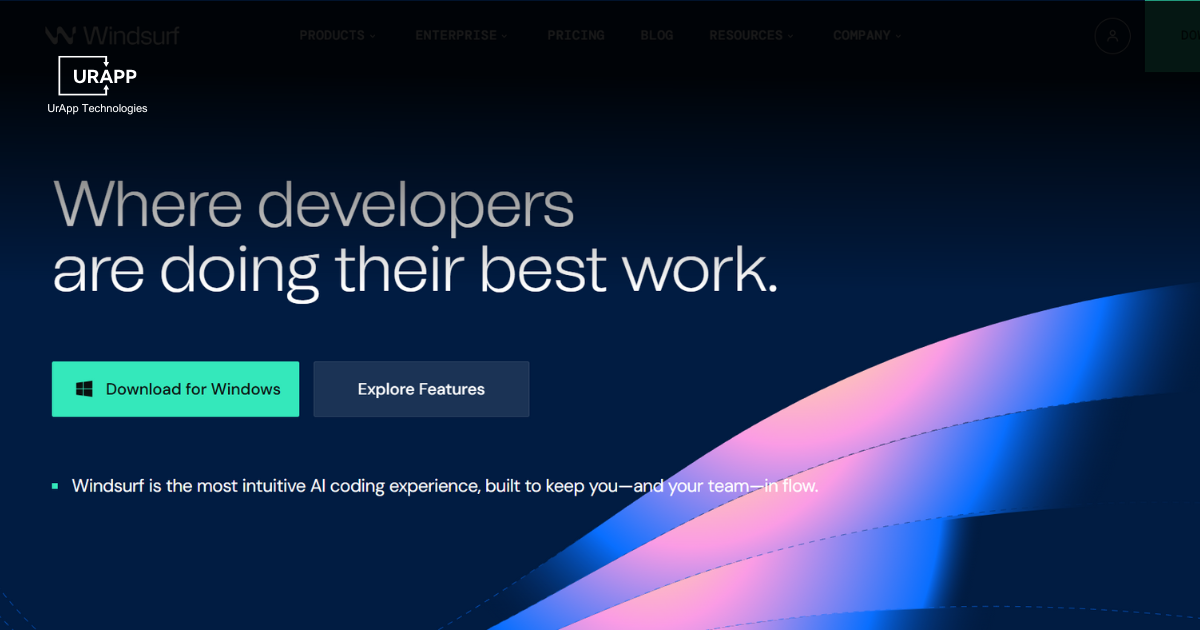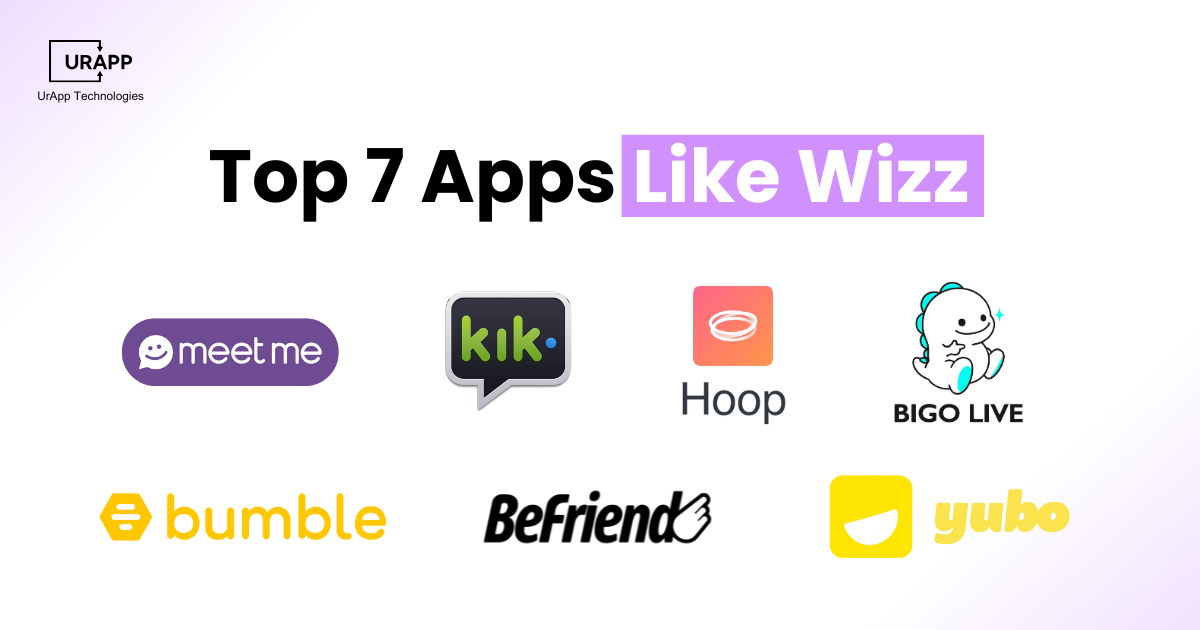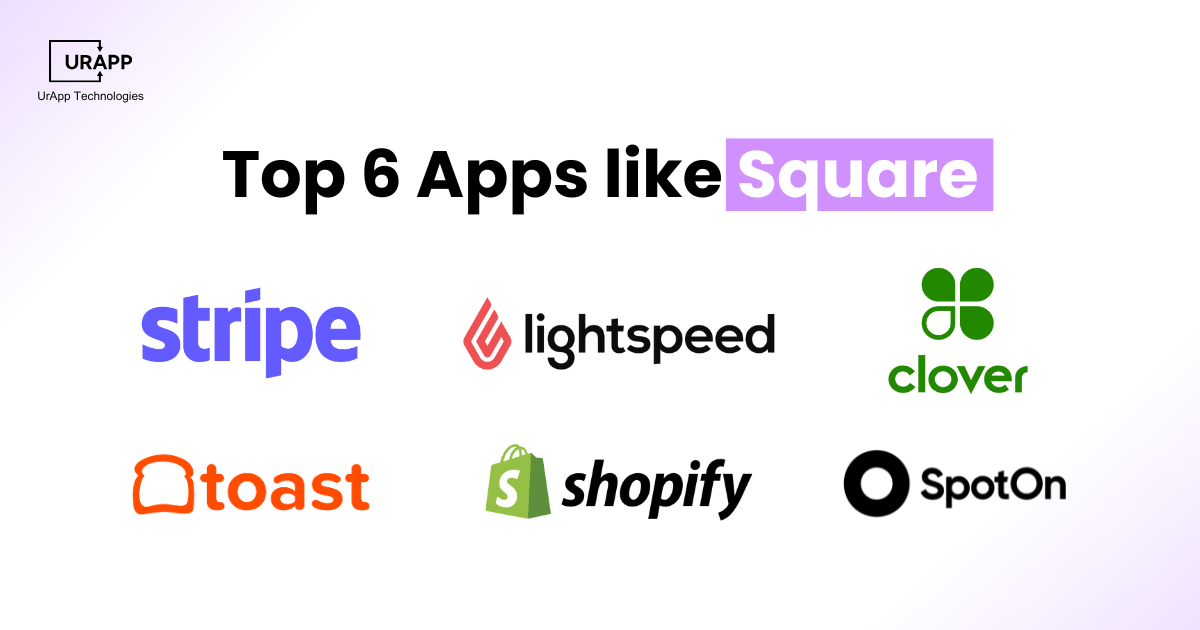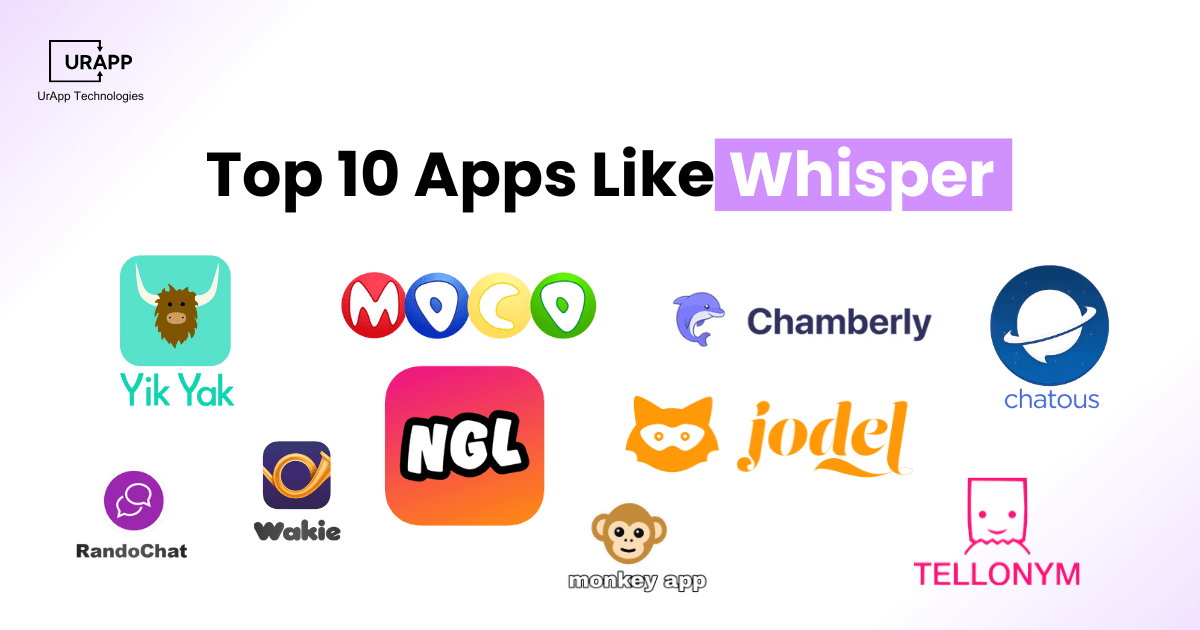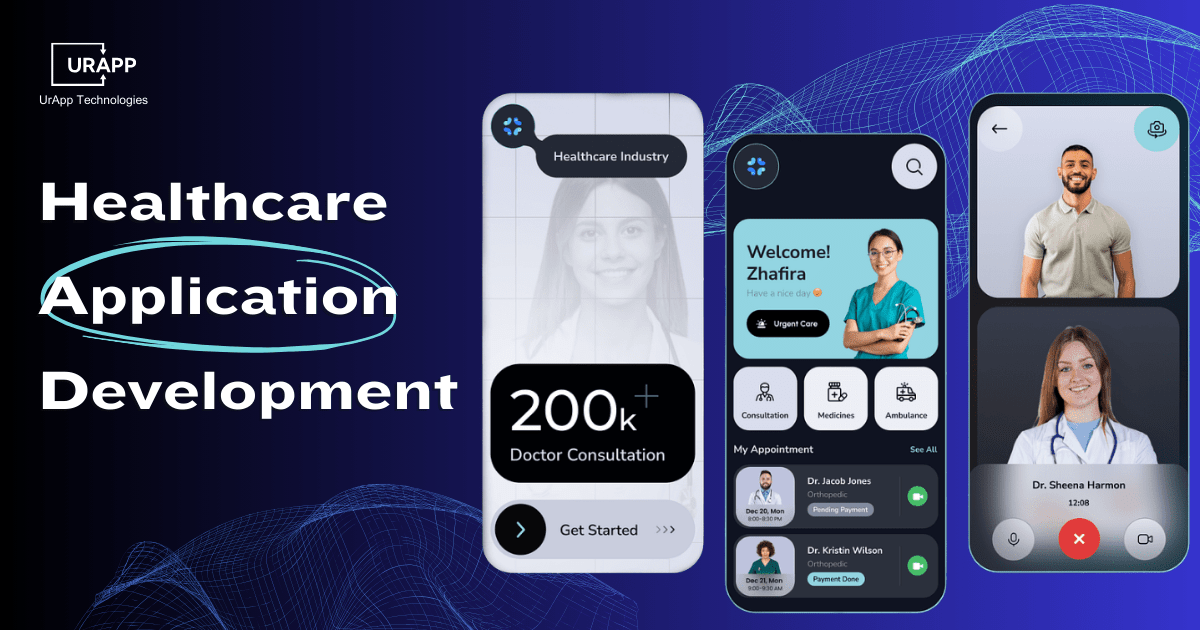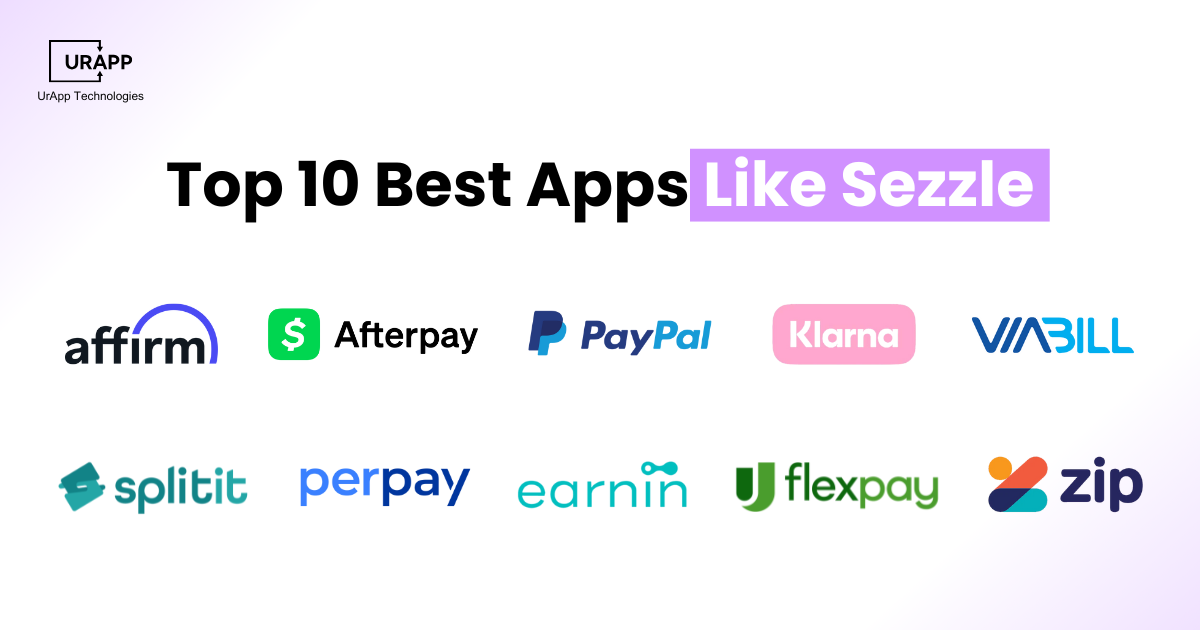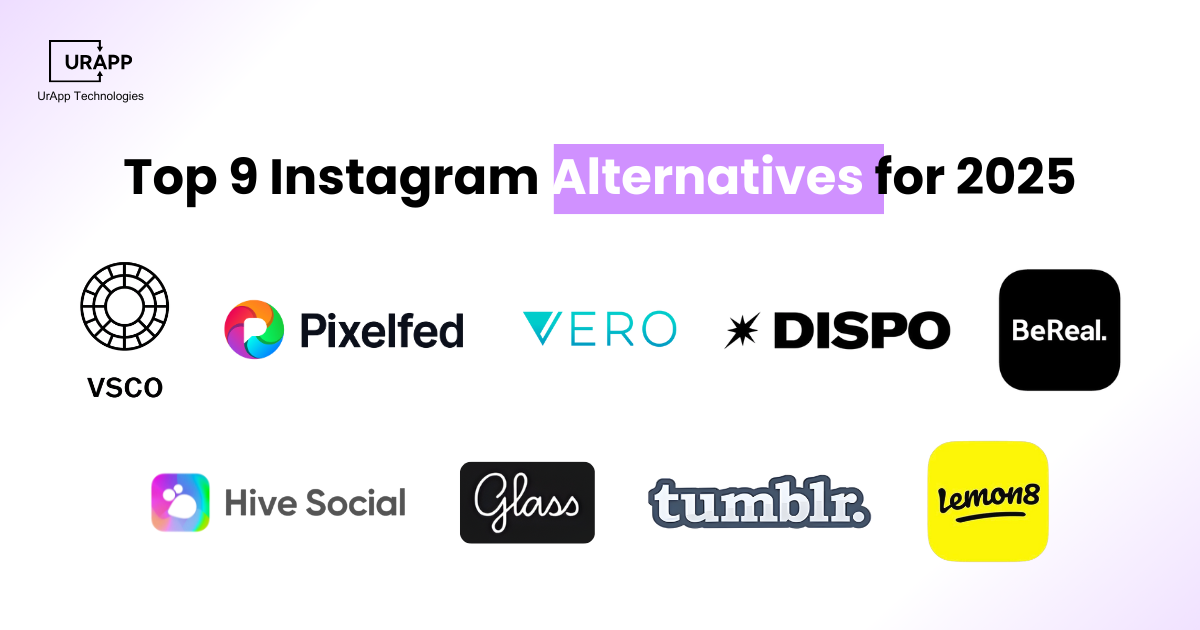Windsurf AI Coding Assistant 2025: Full Review, Features, Pricing & Setup Guide
Artificial Intelligence is revolutionizing software development, and Windsurf AI stands out as one of the most powerful coding assistants in 2025. Designed to help both developers and non-developers write, edit, and deploy real code effortlessly, Windsurf AI combines intelligent automation with strong security and context-aware coding. This guide explores everything about Windsurf AI and its features, pricing, pros and cons, and how it compares with other AI coding assistants.
Key Takeaways
- Windsurf lets non-developers create and modify real code, breaking team silos and solving problems faster.
- Windsurf Cascade Agent links files, plans edits, and sets checkpoints, helping teams perform complex changes safely.
- Supercomplete suggests full functions based on project context, reducing bugs, saving time, and improving developer output quality.
- Enterprise Security & Memories store rules and style, protect data, and ensure consistent code across teams at all times.
What is the Windsurf AI Coding Tool?
The Windsurf AI coding tool is an AI-powered IDE that helps developers generate code, build applications and automate tasks with ease. Acting as a Windsurf AI coding assistant, it reduces manual effort, improves workflow and keeps developers focused on creative problem solving. It combines advanced AI models to handle repetitive work while helping teams stay productive and confident across different projects.
- Windsurf AI coding solves challenges beyond autocomplete tools, allowing wider employee involvement in meaningful software-related tasks.
- Cascade is an integral feature of Windsurf. Cascade automates repetitive work such as migrations and unit tests, letting developers focus on advancing business priorities.
- Windsurf recalibrates build versus buy choices, helping organizations cut costs on unnecessary SaaS tools while gaining tailored solutions.
- Windsurf supports creation of all-code low-effort applications, connecting with ideas like Vibe coding for inclusivity.
This blog explains why Windsurf AI matters, its role in modern development and how it expands opportunities beyond traditional engineering. With its unique approach, the Windsurf AI coding tool highlights a new way of thinking about productivity. It gives context for businesses and individuals who want efficiency, collaboration and smarter development practices without unnecessary complexity or wasted effort.
Founders and History of Windsurf AI
Windsurf AI coding startup, originally Codeium, was founded in June 2021 by Varun Mohan and Douglas Chen. The founders aimed to create a tool that removed barriers and allowed broader participation in software development.
Key Features of Windsurf AI Coding Assistant
The Windsurf AI coding assistant features combine intelligence, context and adaptability. Each Windsurf AI coding tool supports collaboration, efficiency and secure workflows. Together, these capabilities highlight how the Windsurf AI coding assistant features stand apart as a next-generation Windsurf AI coding agent.
Cascade Agentic Flow for Context-Aware Editing
-
Cascade defines unique Windsurf AI coding assistant features, offering Write Mode and Chat Mode for direct edits across complex files.
-
It adds planning tools and checkpoints that help users track progress, improve accuracy and manage large development tasks effectively.
-
Cascade empowers developers and teams to edit confidently across multiple files while keeping complete awareness of project-specific context.
Supercomplete Intelligence for Deep Autocomplete
-
The Windsurf AI coding agent provides Supercomplete, offering advanced autocomplete that suggests entire functions beyond basic predictions.
-
It evaluates cross-file context, enabling accurate recommendations aligned with existing code structures and specific project requirements.
-
Supercomplete improves efficiency by reducing errors, saving time and giving developers meaningful code completions for complex workflows.
Memory
-
Memory helps Windsurf remember coding style, team preferences and important project rules across all development tasks.
-
It carries context from previous sessions, making every return to the project smoother, consistent and reliable.
-
Developers gain uniformity in code output, reducing misalignment and ensuring every project maintains predictable quality across updates.
Inline AI
-
Inline AI protects sensitive data, ensuring private code and datasets never leak outside trusted enterprise environments.
-
It addresses security and compliance concerns directly, building trust among organizations with strict data protection requirements.
Image Upload
-
Users upload images into projects, enabling AI to extract useful context for development and design workflows.
-
This feature simplifies complex tasks where visual data guides better decisions across coding projects and business solutions.
Web Search
-
Web Search gives developers access to reliable external information sources without leaving their development environment.
-
It provides accurate, contextual answers for coding problems, improving decision-making during important project phases.
-
Web Search enhances productivity by linking development with real-time knowledge resources effectively.
Local Index
-
Local index enables fast searches across personal codebases without requiring external servers.
-
It reduces delays and provides instant results, improving developer confidence and focus on local projects.
-
Local index ensures privacy and speed, keeping data securely within internal environments.
Memories
-
Memories allow teams to store knowledge, preferences and specific coding practices for easy future reference.
-
It strengthens collaboration by aligning everyone with consistent rules and reliable shared understanding.
-
Memories improve organizational knowledge retention, reducing duplication and enhancing development culture.
AI Rules
-
AI rules give teams control over how AI behaves in coding tasks.
-
They define boundaries, enforce style guidelines and maintain discipline across development projects.
-
AI rules support accountability, ensuring consistent adherence to established organizational coding standards.
AI Terminal
-
AI Terminal extends coding workflows by combining AI intelligence with command-line efficiency.
-
It provides context-aware suggestions directly in the terminal, helping developers complete complex operations quickly.
-
AI Terminal bridges traditional workflows with advanced AI, ensuring smooth transitions and reliable results.
Getting Started with Windsurf AI
Step 1 – Install and Set Up Windsurf AI

-
Download the Windsurf AI coding tool from the official site and install it securely across your preferred operating system.
-
Therefore, ensure the installation completes properly because successful setup ensures smooth access to all windsurf ai coding assistant features without interruption.
Create Your Account
-
Sign up or log into your Windsurf account and select a subscription plan that best matches your personal development goals.
-
Moreover, remember that the free plan provides limited credits while higher tiers unlock stronger access to advanced windsurf ai coding features.
Open Your Project
-
Launch the editor after login and open an existing repository or import a new folder to start your project journey.
-
Consequently, your workspace becomes ready for direct interaction with Cascade and supports consistent project management from the very first step.
Step 2 – Learn Cascade for Development

Access Cascade Panel
-
Open the Cascade panel using the keyboard shortcut or by clicking its icon on the left sidebar for convenience.
-
As a result, you unlock access to context-aware coding tools that provide unique windsurf ai coding assistant features unmatched by traditional editors.
Choose Interaction Mode
-
Select Write Mode for automatic edits or Chat Mode for advisory guidance, depending on whether you want control or automation.
-
Hence, switching between modes allows developers and non-developers equal flexibility to handle tasks efficiently without wasting valuable project resources.
Configure Models and Rules
-
Pick a model, enable Memories for continuity and apply AI Rules to ensure coding standards remain consistent across all sessions.
-
Thus, teams gain trust in their windsurf ai coding tool environment while aligning results with project expectations and team requirements.
Step 3 – Create a New Application

Define App Specifications
-
Prepare a list of requirements including frameworks like Next.js, Tailwind CSS and Postgres to describe your application with clarity.
-
Similarly, use Cascade prompts to express goals clearly because vague instructions reduce accuracy while detailed prompts ensure precise outcomes.
Generate Project Structure
-
Ask Cascade to scaffold your project, generate initial code and configure files to establish a solid foundation for development.
-
Therefore, you save time compared with manual setup, which helps developers focus on innovation rather than repetitive baseline tasks.
Review and Commit Changes
-
Examine Cascade’s plan carefully, approve safe edits and reject unsuitable modifications before committing final changes to your Git repository.
-
In this way, proper review ensures your app structure aligns with goals while preserving security and long-term maintainability standards.
Step 4 – Develop and Test Your App

Add Features Iteratively
-
Request Cascade to add features step by step, such as new components, unit tests, or necessary backend logic integrations.
-
Furthermore, structured growth avoids confusion and gives control similar to avoiding mobile app development mistakes in professional production workflows.
Use Checkpoints
-
Set checkpoints before large changes to safeguard stability and create rollback options for safe handling of project complexity.
-
Consequently, developers maintain confidence and avoid unnecessary risk because every step has a recovery path aligned with project goals.
Run Local Tests
-
Use the built-in terminal to install dependencies, execute automated tests and verify server operations on your local environment.
-
Hence, validation ensures stability, functionality and security before scaling towards live deployment, protecting applications from unexpected failure scenarios.
Step 5 – Deploy and Share Your App
Deploy with App Deploys
-
Deploy instantly using Windsurf App Deploys to share a public preview link for demonstrations and lightweight applications with stakeholders.
-
Therefore, deployment becomes straightforward, enabling rapid iteration and strong feedback collection without heavy infrastructure or costly external resources.
Deploy via External Hosts
-
Push your repository to GitHub or GitLab and choose platforms like Vercel or Netlify for scalable professional production deployment.
-
Thus, developers integrate seamlessly into modern pipelines while retaining freedom to select hosting aligned with their organizational policies.
Validate Deployment
-
Test your live site thoroughly, claim deployment ownership and confirm that preview URLs remain secure and accessible for updates.
-
Consequently, stability and accountability improve significantly because continuous validation protects users and maintains trust in your published application.
Step 6 – Apply Team and Safety Practices
Set Up AI Rules
-
Configure AI Rules to restrict sensitive files or protected directories and prevent unauthorized modifications across important project areas.
-
Hence, such measures enhance security and guarantee compliance with best practices while reducing the chance of human oversight.
Use Memories for Consistency
-
Enable Memories to store stylistic choices, preferences and rules across sessions, ensuring every team member writes consistent quality code.
-
As a result, collaboration improves and projects maintain predictable outcomes regardless of changes in contributors or project scope.
Secure Data and Access
-
Activate zero data retention for critical projects and enable RBAC or SSO authentication to protect enterprise-level development workflows.
-
Therefore, organizations safeguard sensitive information while maximizing productivity and trust in the windsurf ai coding tool across all environments.
Windsurf AI vs Cursor AI, Lovable AI and Replit AI
Multi-File Context and Codebase Awareness
|
Feature |
Windsurf |
Cursor |
Lovable |
Replit |
Why It Matters |
|
Multi-file understanding |
Parses and edits across hundreds of files in one request |
Limited to recent files, needs manual context refresh |
Narrow focus, works only within small project views |
Scans small snippets, struggles with large projects |
Developers avoid repetitive prompts, saving time when projects scale |
|
Code navigation |
Semantic navigation, jumps across functions and files instantly |
Basic navigation, sometimes misses deeper references |
Simplified, not reliable for large teams |
Primarily for learners, minimal navigation |
Ensures accurate tracing of dependencies in complex systems |
|
Knowledge retention |
Cascade checkpoints keep memory across long sessions |
Memory fades after session ends |
Very limited, mostly one-off edits |
Short-term only |
Prevents re-explaining project details every time |
|
Refactoring support |
Handles project-wide refactors in one structured run |
Requires manual edits across multiple prompts |
Small scale only |
Not built for refactoring |
Reduces human error and accelerates upgrades |
AI Workflows and Collaboration
|
Feature |
Windsurf |
Cursor |
Lovable |
Replit |
Why It Matters |
|
Agent-driven workflows |
Cascade agents plan, execute and checkpoint changes |
One-shot prompts, no structured plan |
Interactive, but lacks checkpointing |
Executes snippets, no workflow chaining |
Reliable completion of multi-step tasks without constant oversight |
|
Collaboration |
Supports team-oriented editing with consistent AI suggestions |
Mostly single-user experience |
Focused on solo founders |
Designed for learning, not collaboration |
Enables distributed teams to share context |
|
Error handling |
Auto-rollback to last checkpoint |
Manual undo needed |
Limited rollback |
No recovery system |
Prevents broken builds and lost work |
|
Task persistence |
Saves workflows for re-use later |
Not persistent |
Not available |
None |
Lets teams automate recurring tasks |
Autocomplete and Productivity
|
Feature |
Windsurf |
Cursor |
Lovable |
Replit |
Why It Matters |
|
Deep autocomplete |
Trains on full project context, suggests multi-line completions |
Good, but narrow scope per file |
Basic, short-form only |
Entry-level autocomplete |
Produces fewer syntax errors and speeds up coding |
|
Adaptability |
Learns team style and adapts suggestions |
Limited customization |
Minimal learning |
None |
Keeps codebase consistent |
|
Framework coverage |
Broad, language-agnostic |
Good for popular frameworks |
Narrow |
Limited |
Supports enterprise tech stacks |
|
Cross-file completions |
Yes, pulls variables/functions across files |
Sometimes misses cross-file usage |
Not available |
Not available |
Reduces missed references and runtime bugs |
Related Insights
The growing ecosystem of AI tools includes platforms such as Lovable Vibe Coding, which simplifies workflows for non-technical founders. Others, like Cursor vibe coding, focus on speed and lightweight editing but lack deeper automation. Meanwhile, Replit AI supports app creation but does not deliver the same context-rich capabilities. Windsurf rises above by combining intelligence, automation and inclusivity into one unified experience.
Pricing Plans for Windsurf AI

| Plan | Price | Key Features |
|---|---|---|
| Free | $0/month | 25 prompt credits/month, 2-week Pro trial, unlimited SWE-1 & Fast Tab access, 1 app deployment/day, optional zero data retention |
| Pro | $15/month | 500 prompt credits/month, SWE-1 included, 5 app deployments/day, add-on credits $10/250, advanced model access |
| Teams | $30/month | 500 prompt credits/user, Windsurf Reviews for team alignment, centralized billing, admin dashboard, priority support, optional SSO ($10/user) |
| Enterprise | $60+/month | 1000 prompt credits/user, SSO & advanced access control, volume-based annual discounts for >200 users, dedicated account management, hybrid deployment options |
Source image: https://windsurf.com/pricing
Pros and Cons of Windsurf AI Coding Assistant
The Windsurf AI coding assistant offers advanced features for developers, though it also presents challenges that require thoughtful consideration before adoption.
Pros of Windsurf AI
-
The windsurf ai coding assistant gives strong multi-file context awareness that helps developers manage complex projects with fewer difficulties.
-
Cascade workflows and Flows allow structured planning, automated steps and checkpoints which reduce unnecessary manual tasks during development projects.
-
Security matters in every project, and Windsurf offers zero data retention, SSO and RBAC for enterprise compliance and safe coding.
-
The free plan of this tool provides access to premium models, app deploys and public previews for quick testing.
-
Deep autocomplete enables function-level code suggestions and respects style rules, which makes windsurf ai coding smarter than simpler assistants.
-
Unlike common mobile app development mistakes, Windsurf includes project-wide context which saves time during refactoring or adding new features.
-
Developers also explore AI Programming languages with this assistant since it offers improved flexibility and insights into project-specific coding workflows.
Cons of Windsurf AI
-
The windsurf ai coding assistant has a noticeable learning curve, especially when users first interact with Cascade workflows and multi-file editing.
-
Credits run out very quickly during heavy use and the cost of purchasing extra credits becomes high for growing teams.
-
The assistant sometimes edits or breaks functioning code in larger projects, which requires extra review work before committing reliable changes.
-
Several useful features such as unlimited deployments and enterprise security only appear under higher pricing tiers or enterprise subscriptions.
-
Large codebases occasionally create lag or unexpected errors, which slows productivity and impacts developers needing stability during complex tasks.
-
When compared with simpler assistants, Windsurf may feel overwhelming due to advanced setups, though results eventually prove worth the investment.
Is Windsurf AI the Best AI Coding Assistant in 2025?
Windsurf AI’s context awareness, enterprise security, and agentic workflows put it ahead of most competitors. However, depending on your workflow, alternatives like Cursor AI, Replit AI, and Lovable might suit smaller projects better. For teams seeking scalability and collaboration, Windsurf AI remains one of the most powerful AI coding tools of 2025.
Conclusion
Windsurf provides developers tools to generate code, build applications and automate routine tasks across large real world projects and teams. Moreover, Cascade agents plan edits, set checkpoints and handle multi file context to preserve project integrity, continuity and regular audits.
Additionally, Supercomplete suggests whole functions using cross file context, which reduces errors and saves developer time and improves code quality. Security and enterprise features protect code and data, while Memories enforce rules that keep style consistent across teams and sessions. In summary windsurf ai coding delivers inclusive workflows, clearer productivity and scalable team collaboration.
